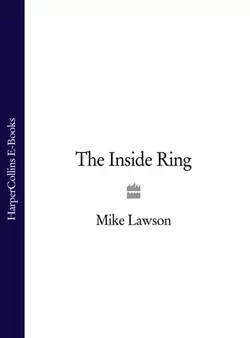The Inside Ring

Mike Lawson
Тип: электронная книга
Жанр: Триллеры
Язык: на английском языке
Стоимость: 1054.87 ₽
Статус: В продаже
Издательство: HarperCollins
Дата публикации: 16.04.2024
Отзывы: Пока нет Добавить отзыв
О книге: The West Wing meets 24 in a pace-ridden thriller of conspiracy, corruption and cold-blooded murder.Joe De Marco is running out of time.Someone has made an attempt on the president’s life, but the wrong man is dead. How could this happen when the president and those nearest to him are protected by a group of men known as The Inside Ring? Is there is a chink in the armour? A break in the circle? Is someone not quite what they seem?Joe′s search for the answers takes him from the corridors of power to the swamps of the southern states, where one lie will lead to another until finally the shocking truth emerges in an orgy of violence.‘The Inside Ring’: where greed and corruption walk hand in hand with murder.